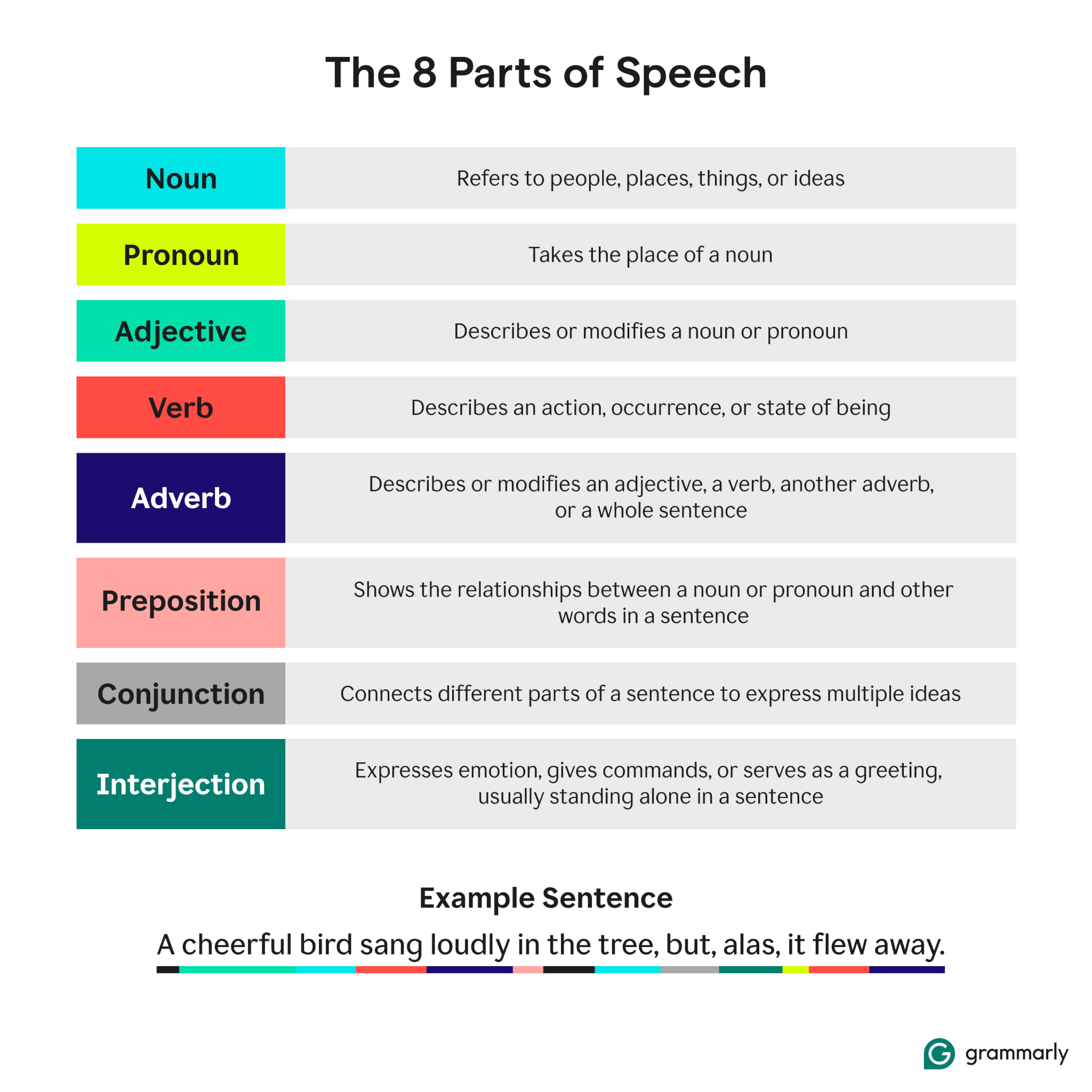Adjectives, adverbs, nouns, and verbs are fundamental parts of speech in the English language. Understanding how these words function and relate to one another is essential for effective communication and writing. Whether you are a student learning the basics of grammar or a seasoned writer looking to enhance your writing skills, a solid grasp of adjectives, adverbs, nouns, and verbs is key to expressing yourself clearly and persuasively.
Adjectives are words that describe or modify nouns. They provide important details about the noun they are associated with, such as its size, color, shape, or texture. Adjectives help to make writing more vivid and engaging by painting a picture in the reader’s mind. For example, in the phrase “a beautiful sunset,” the word “beautiful” is an adjective that enhances the noun “sunset.”
The Role of Adjectives, Adverbs, Nouns, and Verbs
Adverbs, on the other hand, modify verbs, adjectives, or other adverbs. They provide information about how, when, where, or to what extent an action is performed. Adverbs can help to clarify the meaning of a sentence and add depth to the description. For example, in the phrase “she ran quickly,” the word “quickly” is an adverb that describes how she ran.
Nouns are words that represent people, places, things, or ideas. They serve as the subject of a sentence, the object of a verb, or the object of a preposition. Nouns are essential for constructing sentences and conveying meaning. Without nouns, it would be impossible to communicate effectively. For example, in the sentence “The cat chased the mouse,” the words “cat” and “mouse” are nouns that represent the subjects of the action.
Verbs are words that express action or state of being. They are the heart of a sentence, as they indicate what is happening or what the subject is doing. Verbs can be dynamic, showing action, or stative, expressing a state of being. Without verbs, sentences would lack action and direction. For example, in the phrase “she sings beautifully,” the word “sings” is a verb that describes the action she is performing.
In conclusion, adjectives, adverbs, nouns, and verbs play vital roles in the English language. By understanding how these parts of speech function and interact, you can improve your writing skills and communicate more effectively. Whether you are crafting a compelling story, writing a persuasive essay, or simply expressing your thoughts, a solid grasp of adjectives, adverbs, nouns, and verbs is essential for clear and impactful communication.
